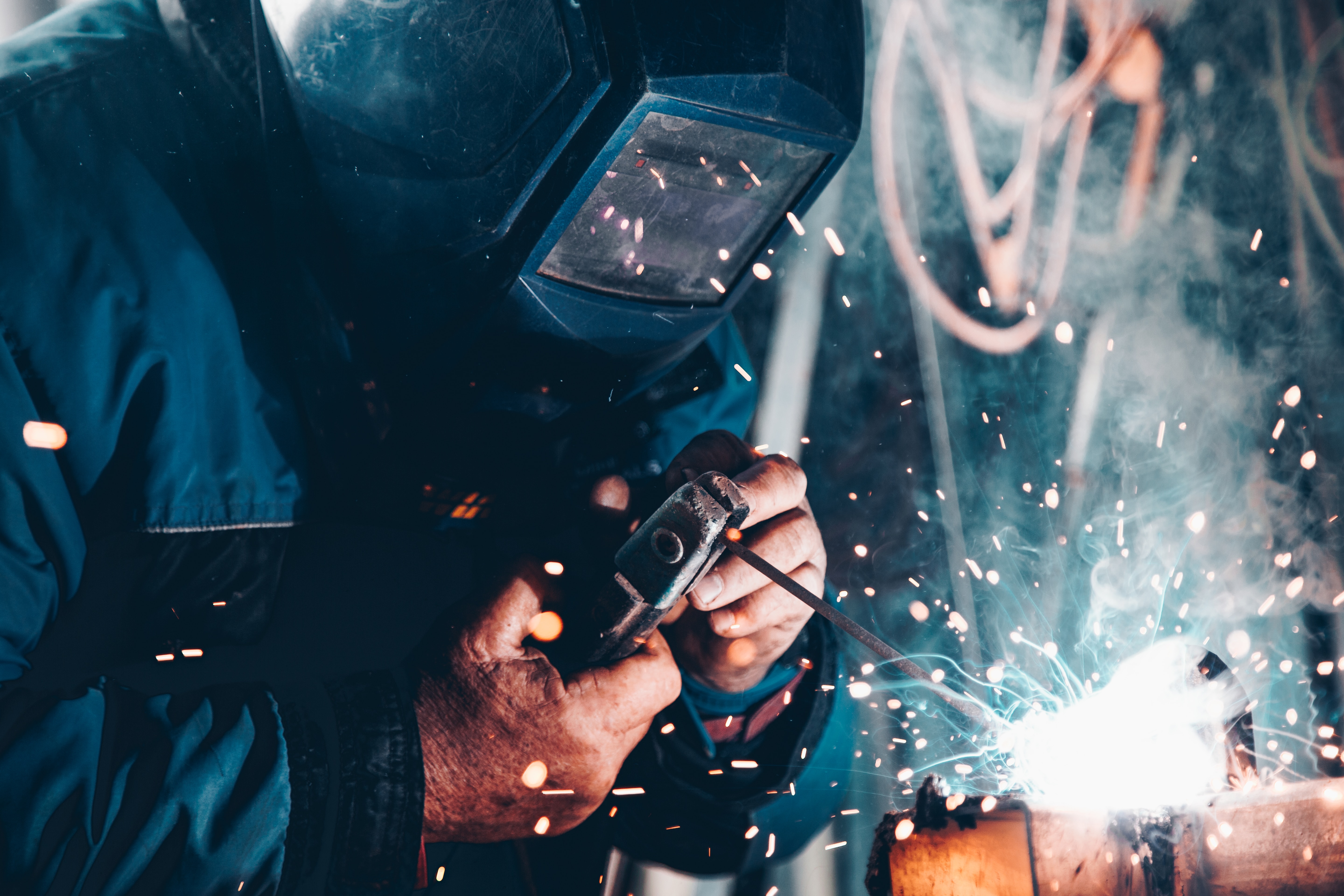Harland & Wolff (HARL), the UK-listed infrastructure specialist, has entered into heads of terms with Macduff Shipyards Limited, Kongsberg Maritime Limited, and Echandia AB, to form a UK consortium aiming to develop and build cutting-edge zero-emissions harbour and coastal tugs.
The consortium's vision will amalgamate groundbreaking design concepts with tried-and-tested battery and propulsion technologies to deliver a zero-emissions vessel. The vessels’ day-to-day operations will rely on electric propulsion powered by stored battery energy, while in extraordinary circumstances or when shore charging support is unavailable, generators driven by biofuel will provide the necessary backup.
The proposed vessel will measure 25.5 meters in length, 12 meters in breadth, with a draft of 4.85 meters, while its Azimuth stern drives and modular battery banks will delivering an exceptional power-to-size ratio that will give the vessels a bollard pull of 50 tonnes.
Harland & Wolff will act as project lead and builder, Macduff Ship Design as the designers, Kongsberg for propulsion and vessel control systems, and Echandia as the specialists in battery and electrical control systems.
Although the news doesn’t change current forecasts, once final terms of the agreement are signed, management expects the design phase of the vessels to last 16-20 weeks and is confident that vessel orders should follow, according to broker Cenkos.
The consortium anticipates a significant demand for vessels of similar size and capabilities in the coming decade. Moreover, it believes the scalable nature of the technologies deployed positions the consortium to explore opportunities in the Crew Transfer Vessel (CTV) and Service Operation Vessel (SOV) markets in due course.
John Wood, Group Chief Executive Officer, Harland & Wolff commented: "As part of our ongoing commitment to fully embrace the UK National Shipbuilding Office's aims and in our drive to Net Zero, we are pleased to have put together this consortium. Not only are these the first vessels of this type to be designed and constructed in the UK, but they also provide firm foundations for the build of various vessels requiring this type of technology in the future. We are delighted by the initial feedback that we have received from potential clients and look forward to seeing these vessels come to life in our shipyards."
The latest news adds yet another string to Harland & Wolff’s already impressive progress. Following recent acquisitions and investments, it now boasts the largest fabrication capacity in the UK across four sites with service capabilities spanning designing and constructing new ships and offshore wind farm structures to repairs, upgrades, and decommissioning.
That’s helping it pick up contracts across a range of industries including cruise, ferry, commercial, defence, oil and gas, and renewable energy, which as Cenkos points out reduces the impact of cyclicality and well as leaving it well positioned to benefit from various UK government policies, including increased defence spending, offshore wind expansion, regional development, and the transition to cleaner energy.
Cenkos expects this to result in rapid growth which will see revenues increase from the estimated £28m it’s expected to have generated in 2022 to £200m in 2024, at which point it is anticipated to reach adjusted EBITDA profitability.

